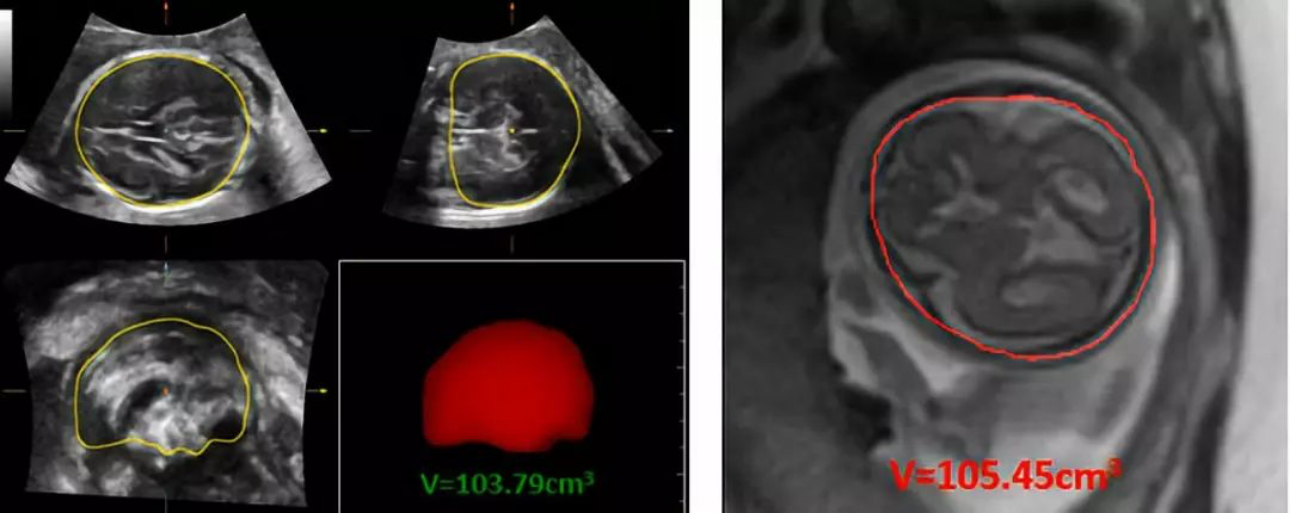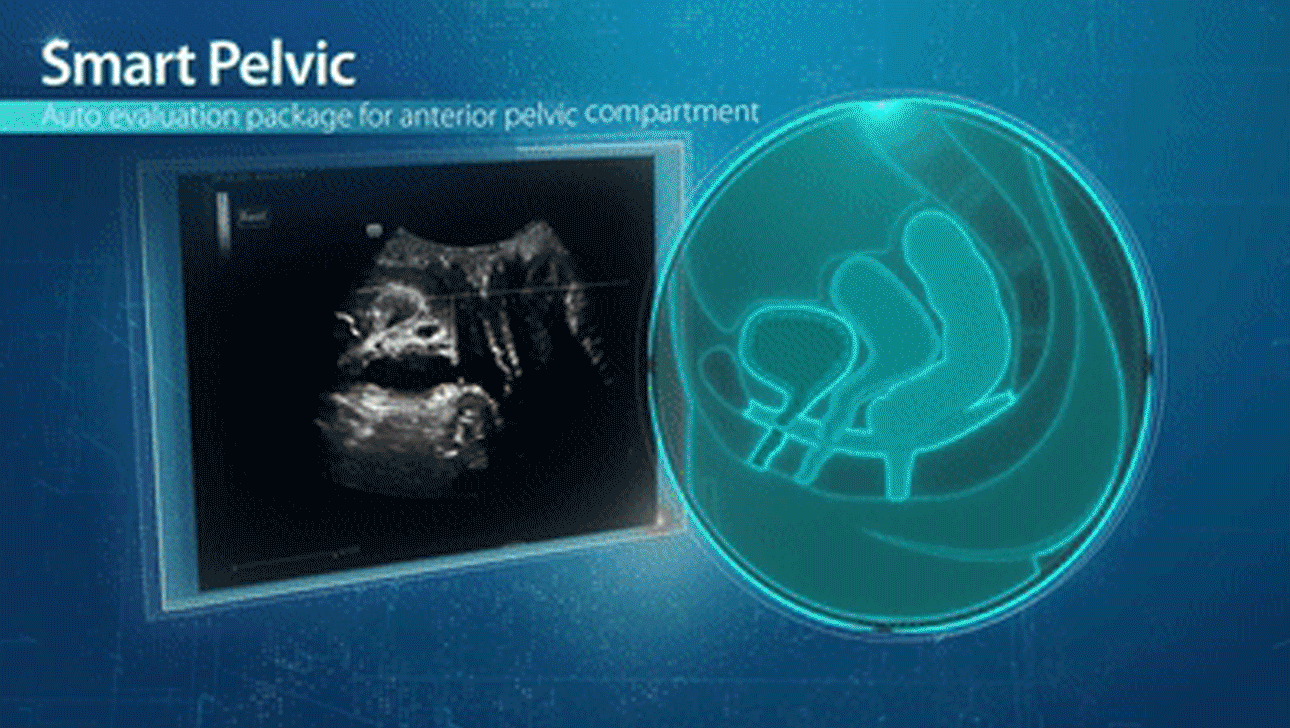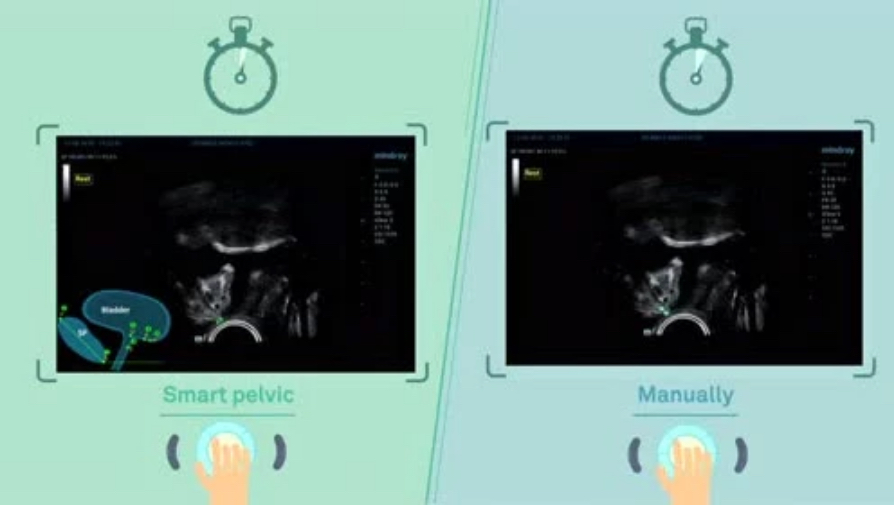Yesterday, the world had its eyes on Berlin where the 29th World Congress on Ultrasound in Obstetrics and Gynecology (ISUOG) successfully kicked off.
With numerous scholars and clinical experts across the globe attracted here, Mindray's full stack of intelligent solution for women health made its debut, aiming to address the clinical challenges ranging from pre-pregnancy, pregnancy to postpartum recovery.



As the infertility rate keeps increasing nowadays, timely tests are needed to evaluate the receptivity of endometrium prior to pregnancy. However, regular examination are often time-consuming and not accurate enough.
Under such circumstances, the demand for more efficient and effective measurement of endometrium volume grows rapidly.
To address the unmet need, Mindray's Smart V-Trace is designed to provide more diagnostic information for endometrial receptivity by assessing the volume of endometrium with minimal manipulation; and furthermore, tumor blood flow distribution can also be analyzed through comprehensive assessment of vascular footprint and blood flow intensity in the target area.

With such technology, clinicians can easily obtain accurate data from endometrium and give out correct diagnosis with more confidence.

Nowadays, the accelerating delaying in child-bearing age as well as probable virus infection can easily result in severe fetal anomaly.
An unexpected upsurge in diagnosis of fetal and pediatric microcephaly has been reported worldwide, which is closely related to Zika. As a result, it's imperative to diagnose the safety and health of the baby prenatally.
In regular cases, doctors will carry out 2D measurements, such as BPD or HC, on standard fetal cerebral planes. However, it is not accurate enough to evaluate fetal brain volume because some most seriously affected areas are not calculated. The 3D measurements could be more accurate, however, the existing methods are too time consuming and highly user dependent with poor reproducibility.
Stepping forward, applying deep-learning mechanism based on big data, Mindray's new technology, Smart ICV is targeted to conduct auto measurement for intra-cranial volume.

Compared with the traditional manual tracing, the accuracy rate of automated segmentation using smart ICV is more than 97%.

This function minimizes the manual manipulation, improves accuracy of fetal brain volume, thus greatly improving brain volume acquisition rate and enhancing diagnostic confidence on microcephaly and other CNS applications.

As for the inevitable pelvic floor dysfunction(PFD) after childbirth, proper diagnosis relies highly on two evaluations: Anterior Pelvic Compartment and Anal Levator Hiatus.
However, the traditional manual operation is too time-consuming and difficult to determine the reference lines or trace the border.
Mindray's Smart Pelvic rolls out the auto evaluation package for Anterior Pelvic Compartment and Anal Levator Hiatus.

This dedicated auto package offers the most recognized coordination systems, together with automatic border recognition and measurement. Clinicians can acquire all the necessary data undoubtedly faster than manual operations, by up to 300% of improvement in efficiency.
Smart Pelvic VS Manually
Mindray always holds the belief that every woman should be given a chance to access an integrated ultrasound solution at every point during their pregnancy, and we are always willing to tackle all the clinical challenges lying on the road, bringing healthcare within reach.
Eager to explore more behind Mindray's full stack of intelligent solution for women health? Check out the video below and don't hesitate to stop by booth 15 at ISUOG2019!


